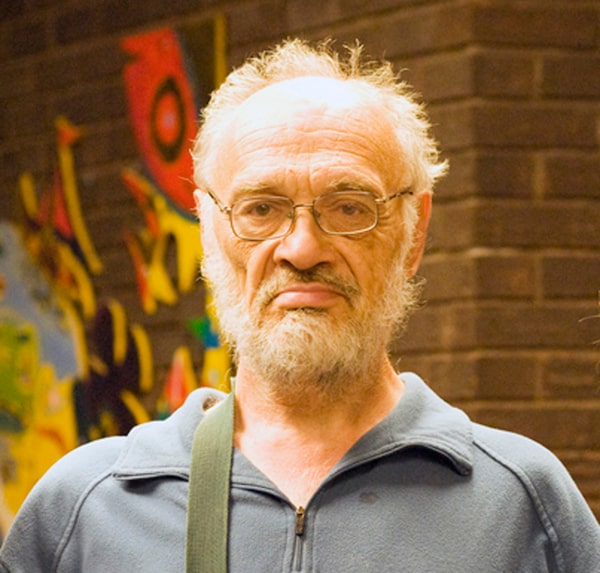
Mel Starkman.Handout
Mel Starkman: Activist. Archivist. Psychiatric survivor. Poet. Born March 19, 1942, in Toronto; died March 4, 2019, in Toronto; from choking; aged 76.
Growing up, Mel Starkman was often bullied in a world that values sameness. He had been born with cerebral palsy, and felt stigma’s lash. And yet he developed the courage to overcome those jabs. Mel was a strong student who enrolled in the University of Toronto in 1960 and, after graduation, became a high-school teacher of English and history at Downsview Collegiate. He also worked as a University of Toronto campus archivist until a mental breakdown ended his career.
Hospitalized in the early 1970s, he was given shock treatments that left him feeling like a “zombie." Psychiatrists believed he had no chance for recovery, a no-hope prognosis. But Mel’s resolve gave him what medicine could not and he did recover to become a social activist, a writer and, later, an actor.
During the late 1970s and early 80s, while living in a rooming house, Mel became a member of On Our Own, Ontario’s first self-help group for ex-psychiatric patients. He helped to organize the Tenth Annual International Conference on Human Rights and Psychiatric Oppression in Toronto, and became a major contributor to Phoenix Rising, a magazine dedicated to the cause.
Mel preferred advocacy over protest, and in a 1981 newspaper interview he warned of “revolving door syndrome,” in which psychiatric patients would perpetually be in and out of institutional care if more after-care services were not developed. His statement was prophetic. In 1983, he had another breakdown. Some thought he would remain institutionalized for the rest of his days, but in the late 1990s he was able to rejoin his community.
Mel moved into supportive housing and began the third act act of his life. He joined a theatre troupe, allowing him to reclaim and strengthen his voice by writing and performing in plays about his experiences. Struggling to memorize lines, yet never missing a cue, Mel encouraged his cast mates: “If I can do it, you can.” But it was never easy, particularly in his most ambitious theatrical effort, The Edmond Yu Project, named for the student who, in a disturbed state, had assaulted a woman and was killed by a Toronto police officer in 1997.
Mel’s child-like enthusiasm and extraordinary intellect helped many more lives than he knew. In 2001, he co-founded the Psychiatric Survivor Archives, a collection of stories from those who have experienced the psychiatric system. He later became a key player in the development of the Edmond Yu Place, a supportive housing project in Parkdale. In 2010, Mel participated in groundbreaking discussions about the voice-hearing experience, and shared his story online.
Some time in the mid-2000s, while attending a community event, Mel met a volunteer named Gabriele. She became the love of his life. They rented an apartment together and built a happy home. Some time in 2012, when Mel’s health began to decline, he moved back into supportive housing and long-term care.
Until his death, Mel fought against harsh psychiatric treatments and much of this work was done with the Coalition Against Psychiatric Assault. In many ways Mel saw the cracks in our midst, especially the ones right in front of us. He will be remembered for his courage and hope and strength to rise above the stigma he knew throughout life.
Ruth Stackhouse is Mel’s colleague and friend.
To submit a Lives Lived: lives@globeandmail.com
Lives Lived celebrates the everyday, extraordinary, unheralded lives of Canadians who have recently passed. To learn how to share the story of a family member or friend, go to tgam.ca/livesguide